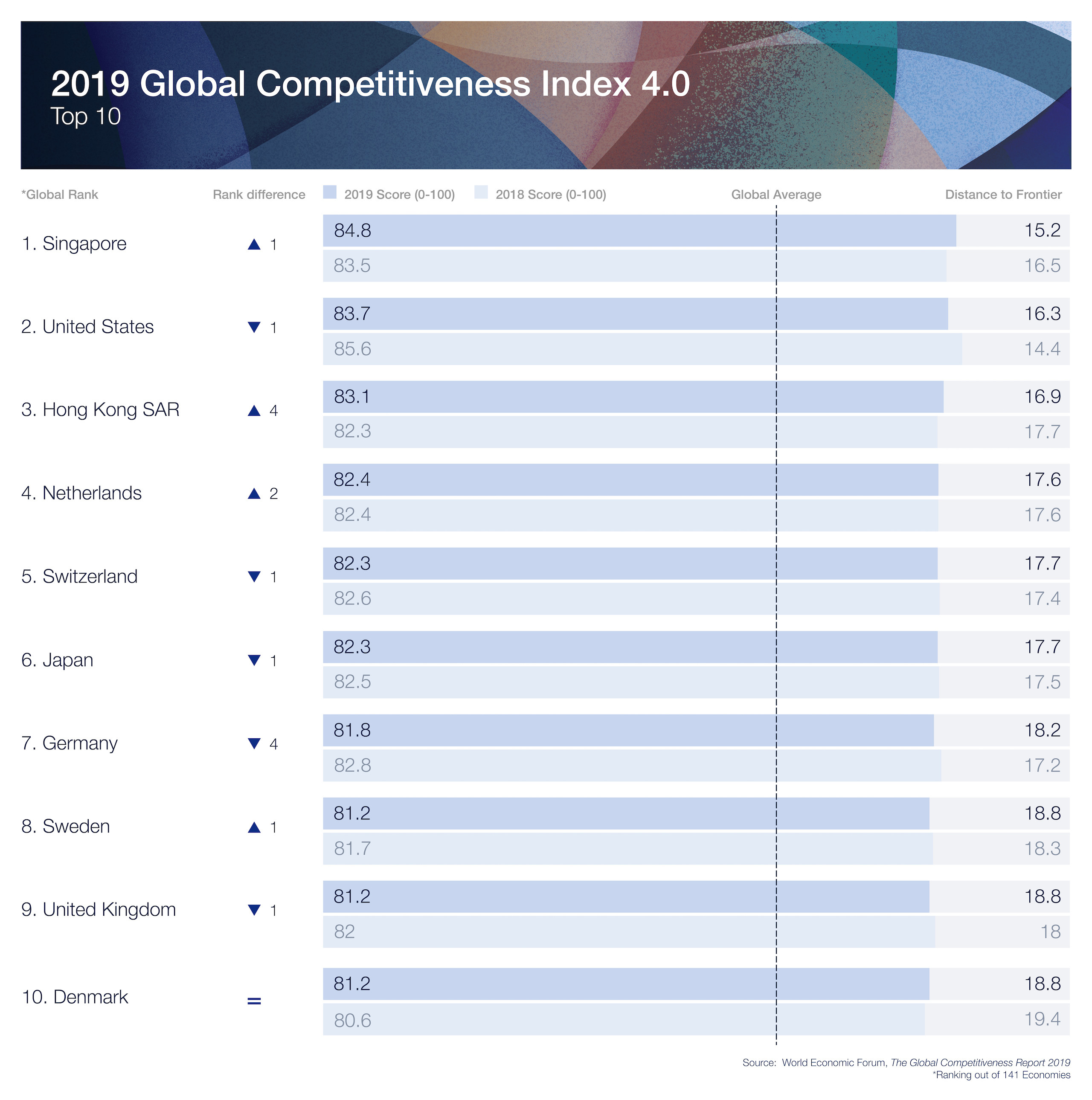Millennials are the first UK 30-somethings to earn less than past generations

Was generation X the last to bank on increased income? Image: Photo by Devin Avery on Unsplash
- A new report shows incomes have stalled in the UK
- People in their 30s now have lower household incomes than those born just a decade before
- That hasn't been the case since the 1930s.
Millennials in Britain have a lower income in their 30s than previous generations did.
While household incomes have grown for each successive generation since the 1930s, this trend has dropped off for those born in the 1980s. It means that, for the first time, people in their 30s have lower household incomes than those born during the previous decade.
This is the key finding of a new report from the Institute of Fiscal Studies (IFS) on generational differences in income and wealth in Great Britain (England, Wales and Scotland but excluding Northern Ireland).
Beyond household income, the gap between the wealth accumulated by those born in the early 80s and the 1970s cohort is about 20%, the IFS suggests.
The reason is not that millennials spend too much on luxuries like the much-maligned avocado toast and save less. Instead, the IFS attributes the drop to a combination of lower average earnings, rising house prices and lower home ownership, in the wake of the financial crisis.
On the positive side, more young people are saving for retirement in a private pension than older age groups, though contribution levels are low, making it hard to build up large pension pots. However, millennials are more likely to inherit from their parents than those born in previous decades, as older generations reach retirement with higher levels of wealth.
Feeling the pinch
Britons are not alone. US millennials are also feeling the pinch. A 2019 study from Pew Research Center shows that earnings have dropped for millennials compared to their predecessors in Generation X. As in Britain, the study suggests that the ‘Great Recession’ is the root of the issue.
However, the impact has been less dramatic for those who achieved at least a bachelor’s degree. The degree-educated group is also the only one that has seen an overall earnings increase since the late 1960s, while those with lower qualifications have seen their earnings drop over that time period.
Household incomes reflect the same drop between the two generations, though it is also less pronounced for those who hold at least a bachelor’s degree.
Focus on shared prosperity, growth and competitiveness
Britain and the US are both examples of countries with rising income inequality, which was highlighted in the World Economic Forum’s 2019 Global Competitiveness Report.
It states that the trajectory of exceptional growth after World War Two, with rising prosperity, set expectations for a continued trend. However, these started to diverge in the 1970s, and more markedly so in the early 2000s.
What do we mean by ‘competitiveness’?
Growing inequality is often blamed on globalization and technology. However, the Global Competitiveness Report makes the case that policy choices such as deregulation of labour and finance markets, changing tax regimes, and reduced public investments are the real culprits. The same goes for a lack of preparation for the Fourth Industrial Revolution.
Don't miss any update on this topic
Create a free account and access your personalized content collection with our latest publications and analyses.
License and Republishing
World Economic Forum articles may be republished in accordance with the Creative Commons Attribution-NonCommercial-NoDerivatives 4.0 International Public License, and in accordance with our Terms of Use.
The views expressed in this article are those of the author alone and not the World Economic Forum.
Stay up to date:
Social Protection
Related topics:
Forum Stories newsletter
Bringing you weekly curated insights and analysis on the global issues that matter.
More on Economic GrowthSee all
Rishika Daryanani, Daniel Waring and Tarini Fernando
November 14, 2025










